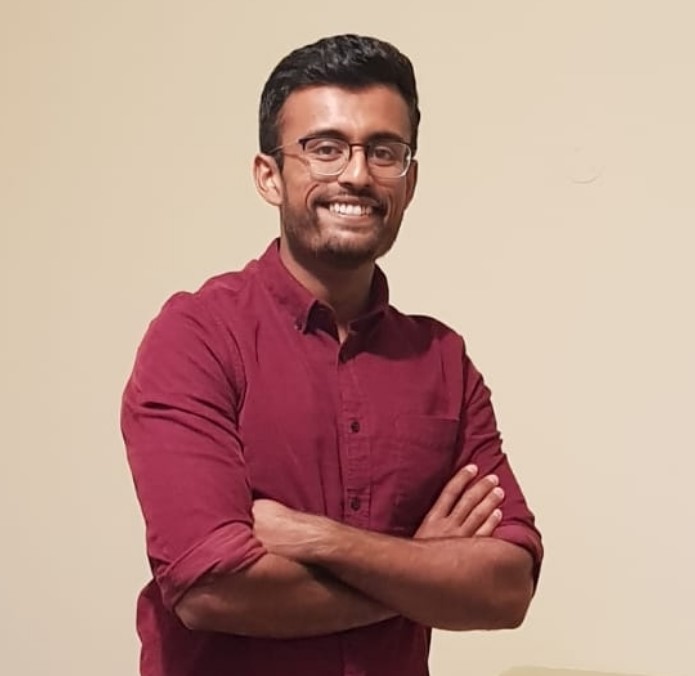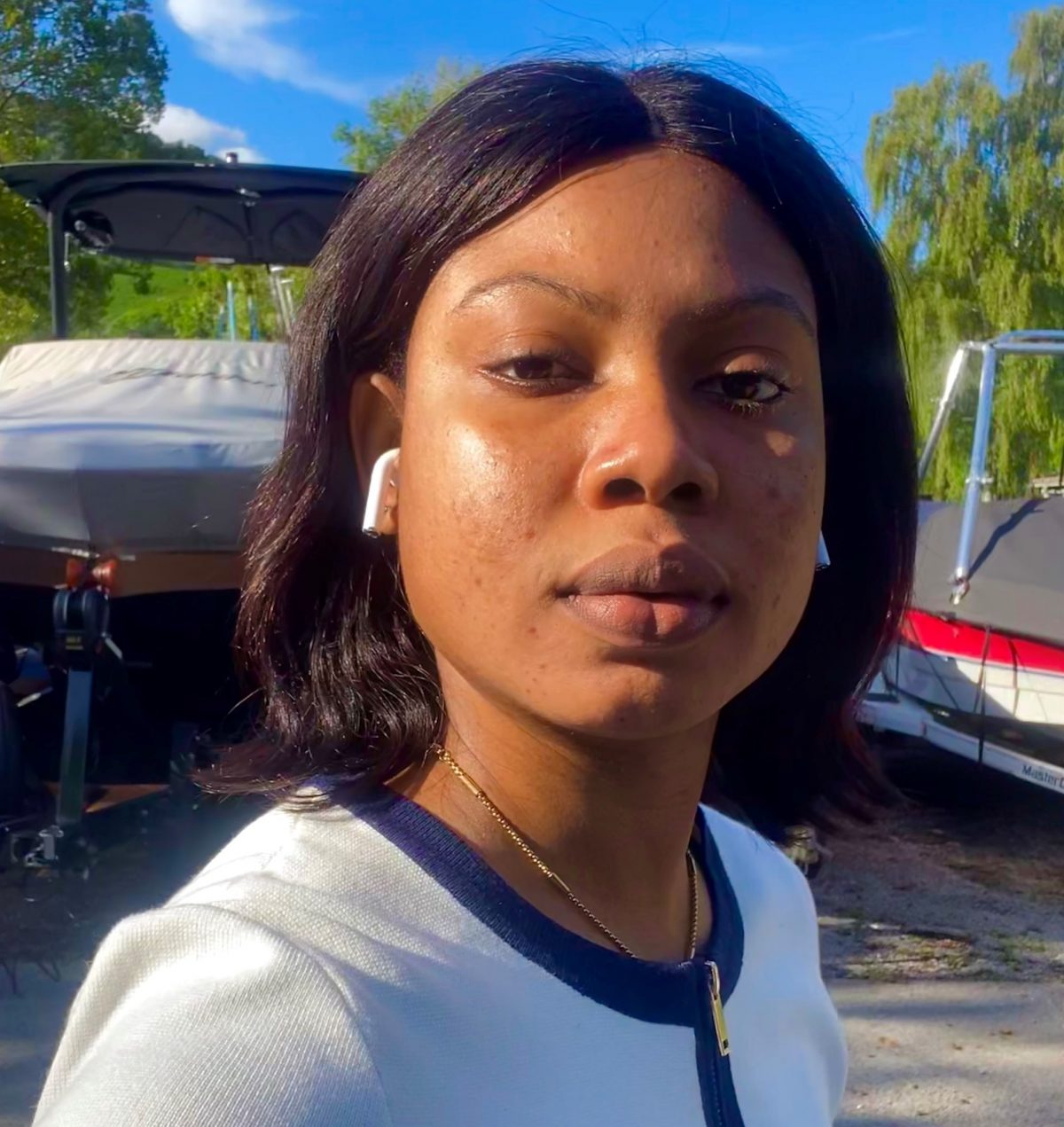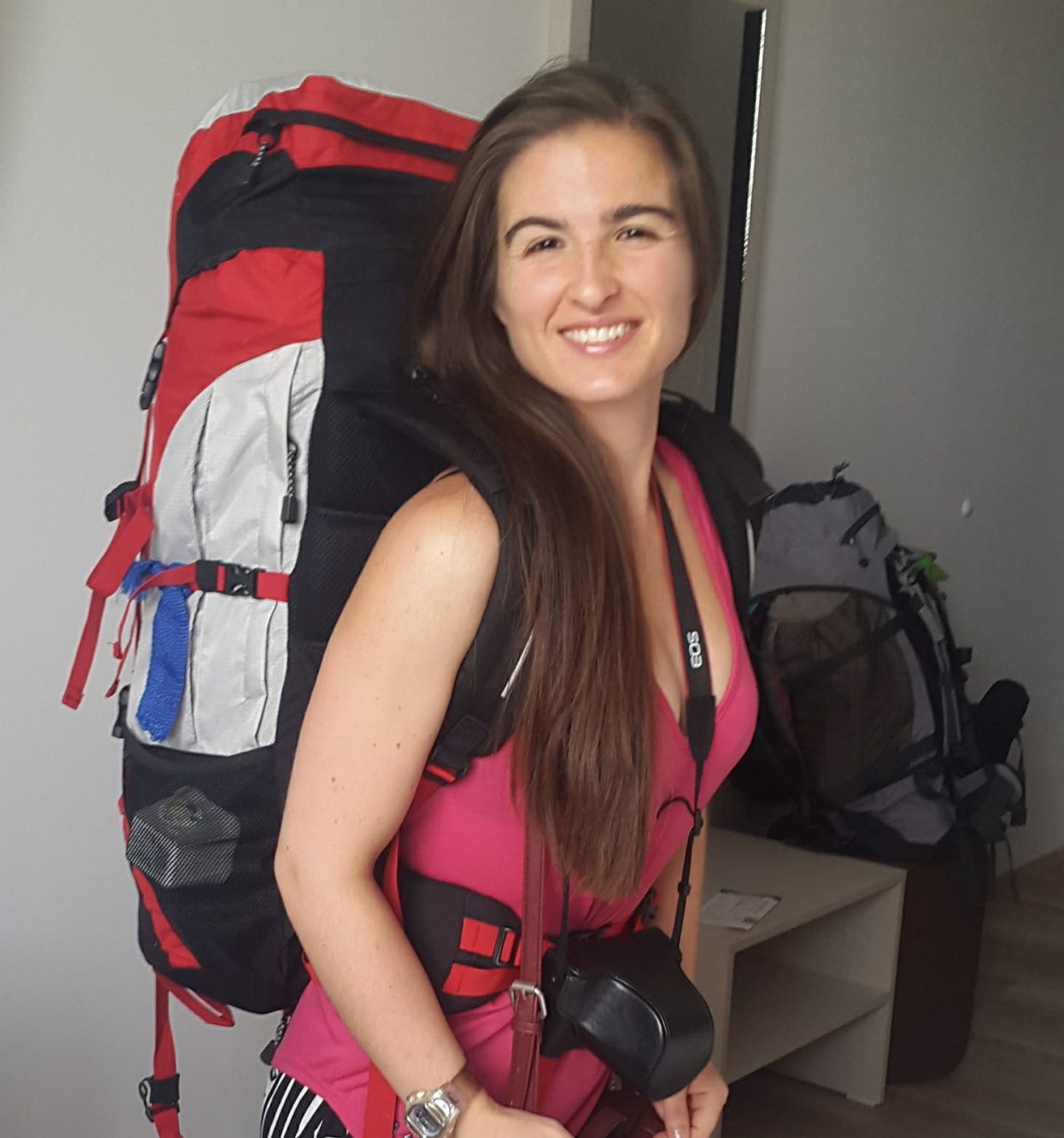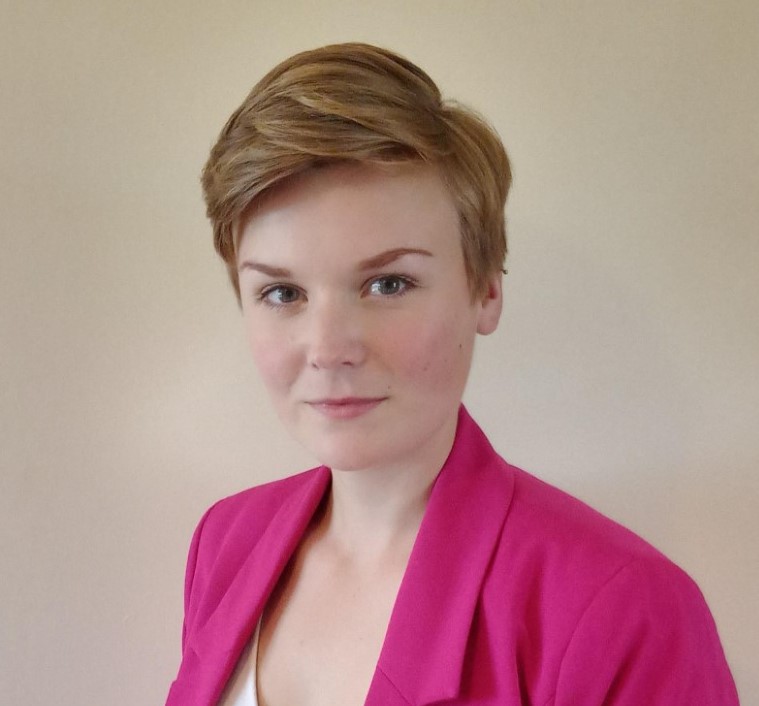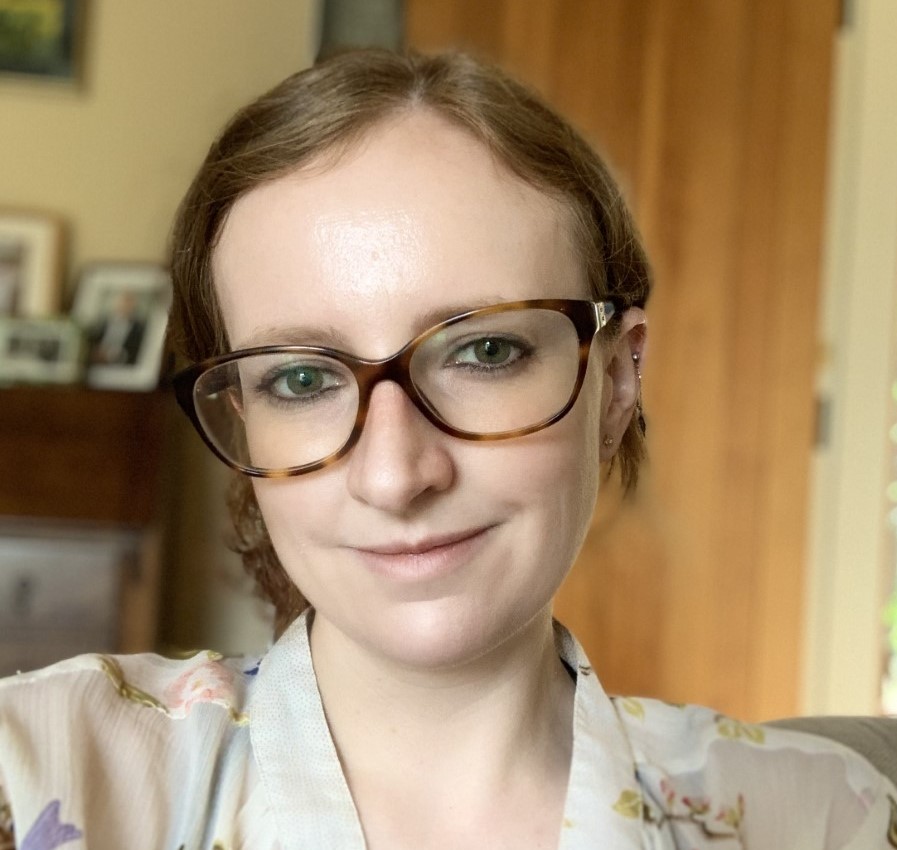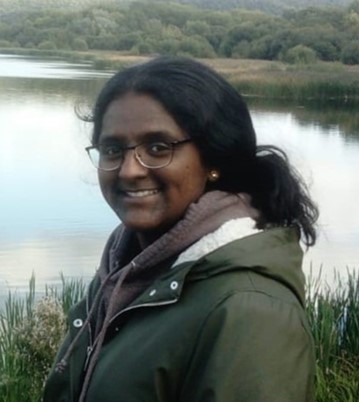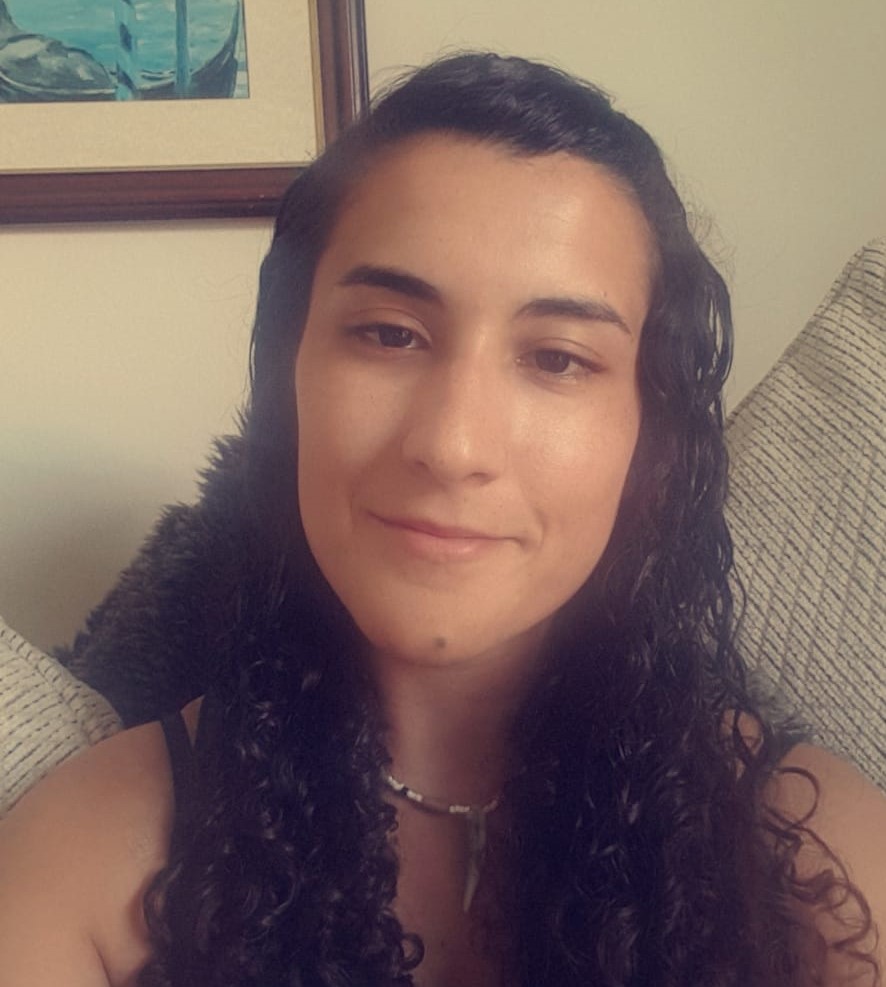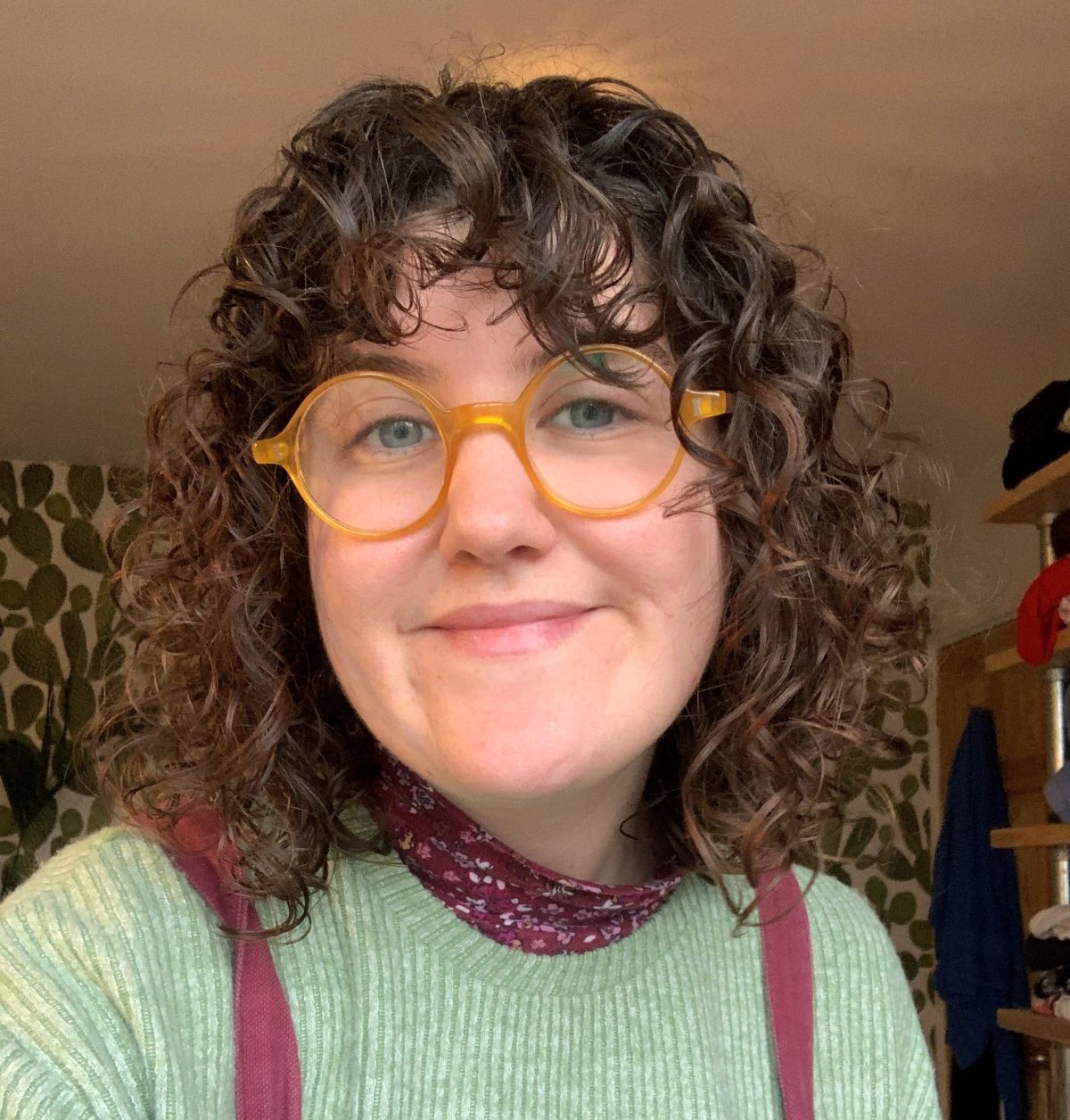Abstract: Development of an Industrial Test Platform for Foot Health Device and Footwear Testing
Supervisors: Dr Dan Parker, Chris Nester and Guowu Wei.
Medical devices for the foot encompass therapeutic inserts available over-the-counter such as insoles and protective pads, as well as devices prescribed by professionals, such as orthotics. The development of these devices involves new products being conceived, designed, samples being tested and validated against well-defined regulatory requirements,
before moving into production and consumer/patient use. With a large number of product development processes involving marketing, design, innovation and product delivery professionals, there exists a risk of inefficiencies. The specific risk that this project relates to is how product design decisions are made and informed by the testing of prototypes and
how results of this testing relate to regulatory and marketing requirements.
This industry-linked project aims to develop a physical test platform that can identify the initial and long-term performance of an orthotic and footwear product and the key effects of these products on the internal behaviour of the foot, so that product design decisions and regulatory and marketing concepts can be informed prior to more expensive, risker
clinical testing involving human participants.
The test platform comprises a phantom-foot and means of loading the foot similar to in-vivo. Two typical use contexts have been devised:
- At an early innovation stage, the platform will enable new orthotic and footwear product designs to be tested efficiently with standardised methodology, using realistic loading conditions to evaluate the initial and long-term performance of the product (with regards to its purpose).
- To assess the effects of orthotic materials or product designs on internal foot structures by measuring simulated tissue compression and stiffness under realistic in-vivo loading conditions.

